Understanding Tanzania’s visa requirements before you travel is essential for a smooth entry into the country, whether you’re exploring the Serengeti, climbing Mount Kilimanjaro, relaxing on Zanzibar’s beaches, or combining several East African destinations. Drawing from updated official immigration policies and extensive on-the-ground experience, this guide clearly explains every step of the process including visa fees by nationality, eVisa and visa-on-arrival procedures, and special rules such as Zanzibar’s mandatory travel insurance, Yellow Fever regulations, and documents required for minors; ensuring you have the most accurate and practical information available. For more in depth planning resources, you can explore our Tanzania Safari Guide Articles and discover Tanzania Tailored safari options helping you prepare for a seamless and unforgettable journey.
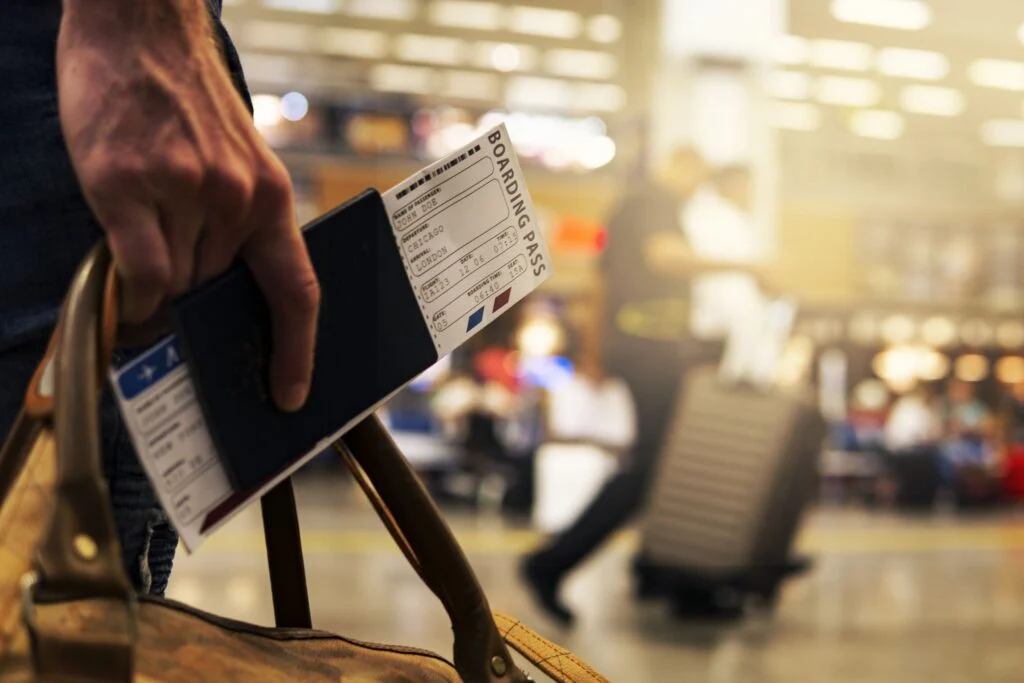
Most travelers require a visa to enter Tanzania. Visa-free access is limited to a small number of countries, primarily East African Community (EAC) member states and a few Caribbean and Asian countries with reciprocal agreements.
If you are from the United States, United Kingdom, Canada, Australia, New Zealand, the European Union, India, China, or most of the Middle East and South America, you should expect to apply for a visa.
General rules:
Tourist Visa: Required for the vast majority of visitors
Business or Transit Visas: Required based on purpose
Referral Visa: Required for certain nationalities (e.g., some Middle Eastern, Asian and African countries)
Children: Require their own visa regardless of age
Tanzania does not offer visa-free access based solely on holding a U.S., U.K. or EU passport, so plan accordingly.
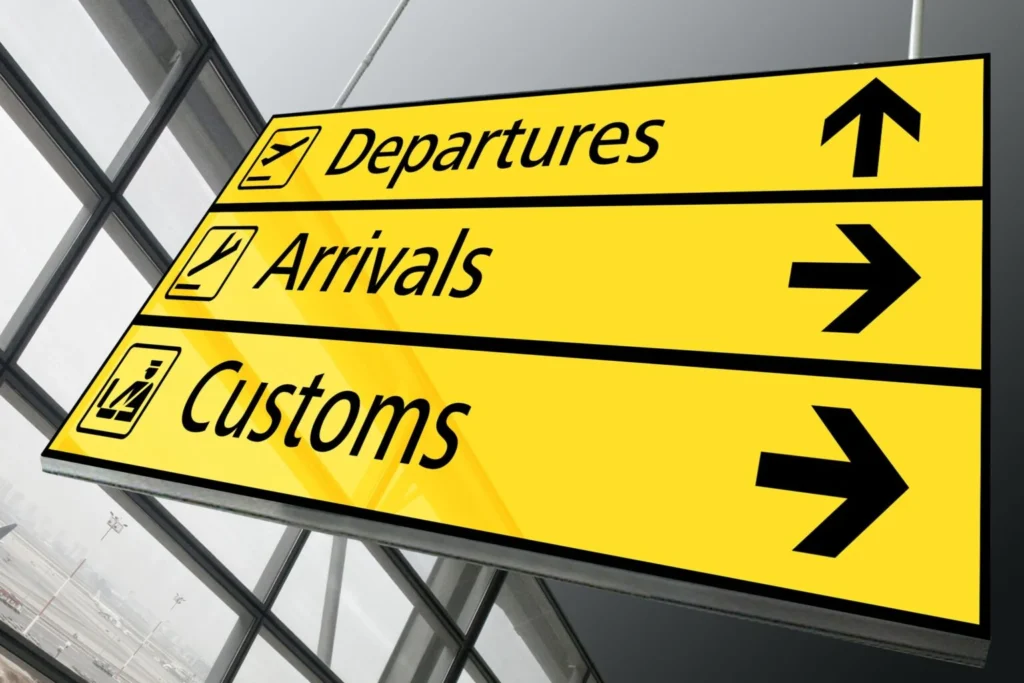
Tanzania offers several visa categories, each designed for different types of travel and purposes. Choosing the correct one is important to avoid delays, rejections, or unnecessary costs additionally, understanding the specific requirements, permitted durations, and allowed activities for each visa type helps ensure a smooth entry into the country and full compliance with immigration regulations throughout your stay. To support your trip planning even further, you can also explore our Top Travel Guide to Tanzania at for deeper insights into preparing for your journey.

This is the most commonly issued visa for standard holiday travel for example, visitors joining a 3 Days Tanzania Safari or a beach escape in Zanzibar.
Primarily designed for visitors who need to enter and exit Tanzania several times.
Eligibility:
Only reliably available to U.S. passport holders for tourism and general travel
Available to other nationalities only for specific professional or long-term reasons
Fee: USD 100
Validity: 12 months
Maximum stay per entry: 90 days
If you’re combining Tanzania with Kenya, Uganda, or Rwanda and hold a U.S. passport, this visa is ideal especially for longer itineraries like the Serengeti Migration Safari.
Valid for: Up to 7 days
Fee: USD 30
Purpose: Passing through Tanzania en route to another country
Requirement: Proof of onward travel
This is not meant for tourism and should only be used for genuine transit.
Note: This visa does not permit long-term employment or volunteering. For climbing support projects or expeditions, visitors should check detailed rules via our Kilimanjaro Climbing Guide.
The Tanzania Student or Research Visa is designed for individuals participating in short academic programs, field studies, university exchanges, internships, or approved research activities within the country.
This visa category is commonly used by students, volunteers, and academic researchers visiting Tanzania for educational purposes. Requirements can vary significantly depending on the hosting institution, the duration of the stay, and the nature of the study or research being conducted. Applicants are typically asked to provide an official admission letter or research authorization, proof of financial support, and relevant academic documentation. Because institutions and research projects differ widely, travelers are advised to confirm all requirements directly with their sponsoring organization before applying.
A Referral Visa for Tanzania is required for travelers from certain nationalities that must obtain pre-approval from Tanzania’s Immigration Department before entering the country. These travelers are not eligible for a visa on arrival or an eVisa under any circumstances and must complete the application process well in advance.
Approval times can be lengthy, typically ranging from 4 to 6 weeks, depending on the volume of applications and individual background checks. Due to the extended processing period and the strict requirement for pre-entry clearance, travelers who fall under the referral category are strongly encouraged to begin the application process several months before their intended travel date to avoid unexpected delays or disruptions to their plans.
U.S. travelers are subject to a specific regulation:
U.S. visitors may apply online (recommended) or on arrival. Many Americans choose longer itineraries such as the 10 Days Tanzania Luxury Safari.
Popular with European travellers exploring itineraries such as the 5 Days Tanzania Safari.
India is not visa-exempted by the government of Tanzania.
Option: eVisa or visa on arrival
Depending on bilateral agreements, some African countries are visa-free, while others require a standard visa or referral visa. Travelers from East Africa (Kenya, Uganda, Rwanda, Burundi, South Sudan, DR Congo) are typically visa-exempt.
Tanzania’s Electronic Visa Application System is the most efficient, predictable, and widely recommended method for obtaining a visa. This system significantly reduces airport delays and gives you peace of mind before departure. The process is simple and can be done entirely online through the official portal at visa.immigration.go.tz. It’s important to avoid third-party websites, which often charge extra fees or may lead to scams.
To apply for an eVisa, you’ll need to prepare digital copies of your passport’s bio-data page (with at least 6 months validity upon entry), a passport-style photo, a confirmed flight reservation or itinerary, and accommodation details (such as a hotel booking or a tour itinerary). If you’re traveling with a child, you’ll also need a notarized consent letter from the absent parent, if applicable. The files must meet the correct size and format as specified on the official portal.
Processing typically takes about 10 business days, but due to seasonal delays, it’s best to apply 3–4 weeks in advance to avoid last-minute stress. Once your application is approved, you’ll receive a Visa Grant Notice, Control Number, and Payment Confirmation. Be sure to print all pages, as immigration officers frequently request a physical copy.
The eVisa is accepted at all major international entry points, including Julius Nyerere International Airport (Dar es Salaam), Kilimanjaro International Airport (JRO), Abeid Amani Karume International Airport (Zanzibar), and land borders like Namanga (Kenya) and Tunduma (Zambia).
Tanzania offers visas on arrival for most nationalities, but while this may seem like an easy option, it does involve some waiting at the visa counters, particularly during peak tourist seasons. Upon arrival at airports or land borders, travelers must fill out an application form, submit their passport and documents, and pay the visa fee (in USD or EUR). Once processed, the visa is stamped in your passport, allowing you to enter Tanzania.
Visa-on-arrival fees are typically USD 50 for single-entry visitors, and USD 100 for U.S. citizens seeking a multiple-entry visa. While this method is convenient, expect longer wait times compared to eVisa holders, and remember that some nationalities may not be eligible for a visa on arrival. Additionally, travelers requiring a Referral Visa must apply before their trip, as they will be denied boarding if they attempt to travel without prior approval.
In summary, while a Tan visa on arrival provides flexibility, it’s less efficient and could cause delays at the airport. If you can, it’s always better to apply for an eVisa ahead of time.
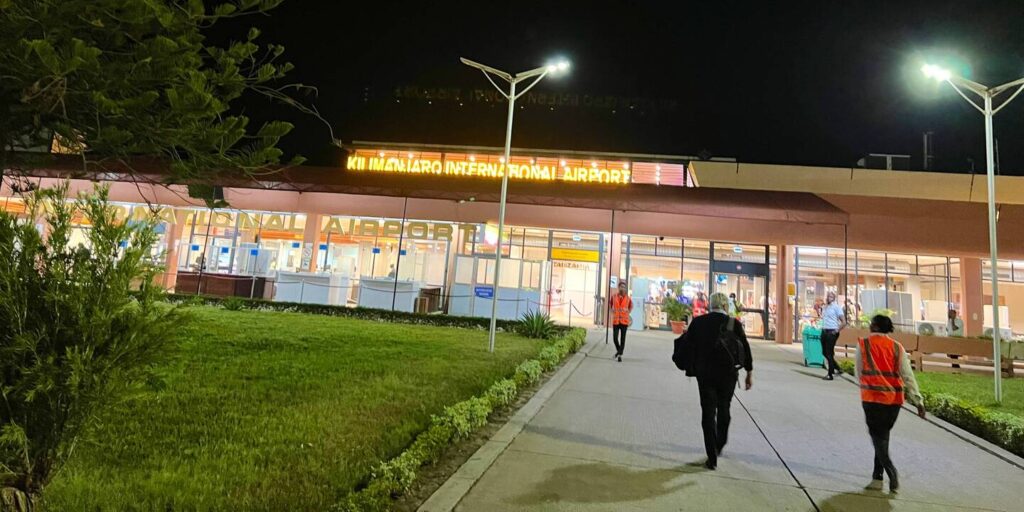
Starting 1 October 2024, all visitors to Zanzibar must purchase mandatory travel insurance from the Zanzibar Insurance Corporation (ZIC) via the official Zanzibar Tourism website.
The insurance costs USD 44 for adults (18+), USD 22 for children (3–17), and is free for infants (0–2). Valid for 92 consecutive days from your arrival, this policy covers your entire stay within Zanzibar, including emergency medical expenses (up to $50,000), medical evacuation, baggage loss or theft, and legal expenses. However, it does not cover pre-existing medical conditions, accidents during sports or recreation, or issues arising from natural disasters, civil unrest, terrorism, or pregnancy complications. After purchase, you’ll receive a QR code which must be shown to immigration officials upon arrival by air or sea. The insurance must be purchased before boarding your flight or ferry to Zanzibar and is only valid for Zanzibar and not mainland Tanzania.
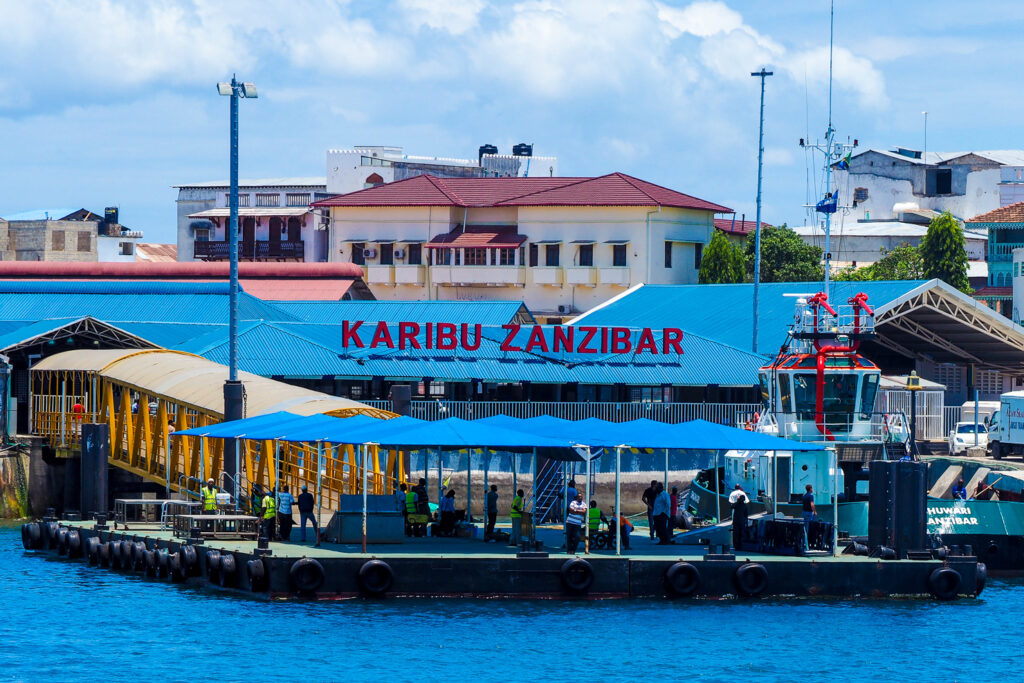
Passport Validity: Your passport must be valid for at least six months beyond your arrival date and have two blank pages for immigration stamps.
Yellow Fever Certificate: A Yellow Fever vaccination certificate is required if you are arriving from or transiting through a Yellow Fever-endemic country. Travelers from the U.S., U.K., EU, and most Asian countries generally don’t need one unless transiting through high-risk airports.
Onward or Return Ticket: Immigration may request proof of your onward or return travel, especially if you plan to stay longer than 90 days.
Adequate Funds: You may be asked to demonstrate sufficient funds for your stay, although this is rarely enforced.
Requirements for Children: Minors traveling with one parent or without both parents may be asked to provide a notarized consent letter from the absent parent(s) and a birth certificate establishing the parental relationship.
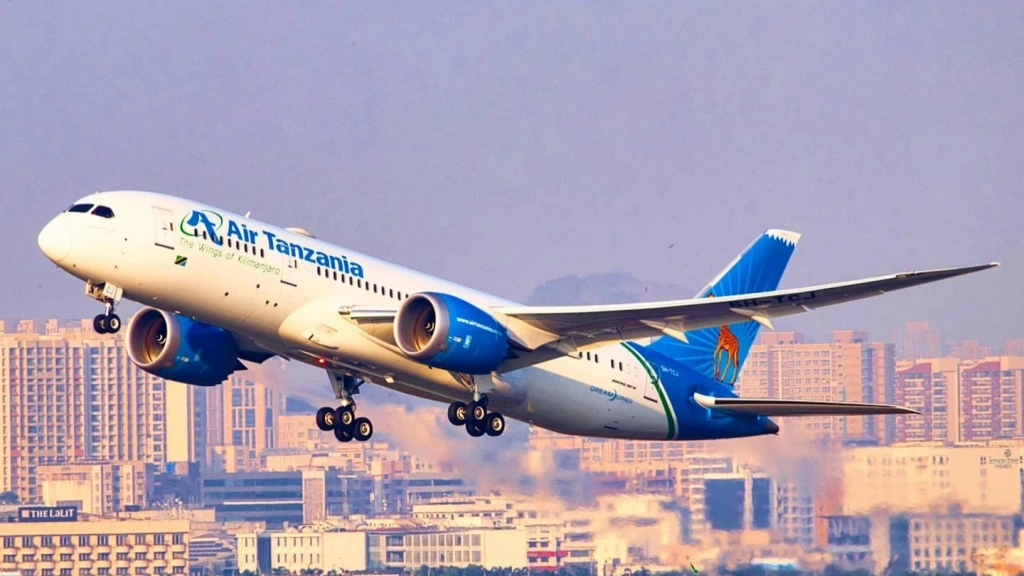
To avoid delays or rejections, ensure that your application is free from common errors such as submitting unclear scans or photos, mismatched travel dates, incorrect passport numbers, or last-minute applications. Applying months in advance and submitting accurate documents is key to a smooth experience.
Apply Early: Apply 3–4 weeks before your trip to avoid delays.
Prepare Perfect Documents: Ensure all documents are clear, correctly sized, and free from errors.
Use Only the Official Portal: Stick to the official visa portal to avoid scams.
Print Your Approval Letter: Always have a hard copy of your visa approval.
Carry Cash: Have USD cash on hand in case of system issues at payment counters.
Keep Your Pen Handy: Some forms may still need to be filled out in person.
Check Referral Visa Requirements: Some travelers must secure approval before departure.
Passport valid for at least 6 months
At least two blank pages
Printed eVisa approval
Printed flight confirmation
Hotel or safari lodge booking confirmation
Yellow Fever certificate (if applicable)
Mandatory Zanzibar insurance (if traveling to the islands)
Consent letters for minors
Emergency cash in USD
By organizing your visa and documents in advance, you’ll be well-prepared to explore the stunning landscapes of Tanzania, from safaris in the Serengeti to relaxing on Zanzibar’s beaches.
Tanzania’s visa process is fairly straightforward once you understand the options, fees, and documentation required. The eVisa system is the most efficient and reliable method for most travelers, although visa-on-arrival is a convenient backup. With proper preparation (read our Tanzania packing list guide and the proper time to visit Tanzania guide), including attention to special requirements for U.S. travelers, minors, and those visiting Zanzibar, you’ll be ready to make the most of your trip to one of Africa’s most diverse and beautiful destinations.